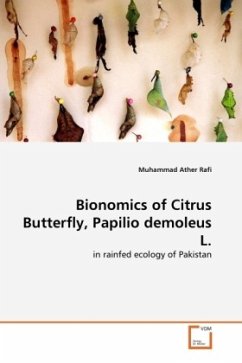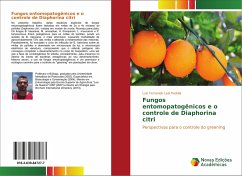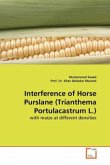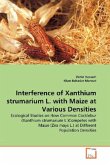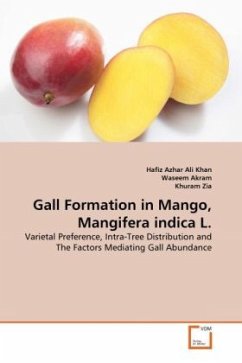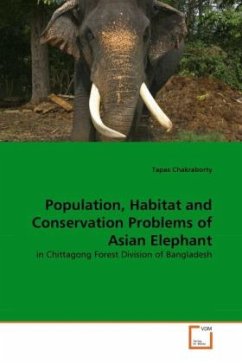The eggs took 58-85 hrs to hatch. All the events except the fecundity rate had positive correlation with air temperature. The average duration of five larval instars varied from 3-8 days and is against temperature related. The highly temperature sensitive pupal development took 7-20 days. The insect overwintered as pupa. There were 8 or 9 generations per year and the length of the generations (26-59 days) varied with temperature. The overwintering generation took 159-167 days. The effect of precipitation on the developments of the insect was not evident. Mortalities were high at the early and late stages of the life cycle with a break in the middle. Some of the mortality factors were identified. Degree days to predict phenological changes were worked out. A formulation of Bacillus thuringiensis, Bactospeine, was found highly effective in controlling the pest. The insect infested many citrus varieties with differential preferences.
Bitte wählen Sie Ihr Anliegen aus.
Rechnungen
Retourenschein anfordern
Bestellstatus
Storno

